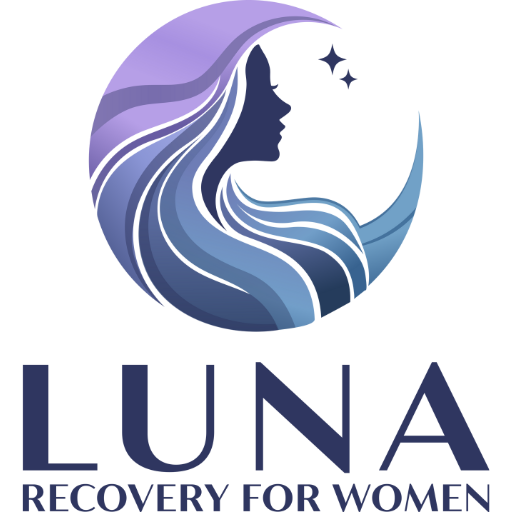Bringing new life into this world is an unparalleled joy, but for some women, the postpartum period can be clouded by a complex condition known as postpartum depression (PPD). Fortunately, a range of effective treatments exists, providing a glimmer of hope for those struggling with this challenging condition. In this blog post, we will explore the various treatment options available for postpartum depression, offering insights into their benefits, drawbacks, and their potential for long-term success.
1. Therapy and Counseling:
Therapy, in the form of individual counseling or group sessions, is a fundamental aspect of postpartum depression treatment. Cognitive Behavioral Therapy (CBT) is particularly effective, as it helps individuals identify negative thought patterns and develop coping mechanisms. Joining support groups can also alleviate feelings of isolation and provide a nurturing environment for sharing experiences.
2. Medication:
In certain cases, healthcare professionals may prescribe medication to treat postpartum depression. Selective Serotonin Reuptake Inhibitors (SSRIs) are frequently recommended, as they help balance neurotransmitters in the brain. Although medication can be highly beneficial, it is important to weigh the potential side effects and consult with a medical professional to determine the appropriate course of action.
3. Lifestyle Modifications:
Implementing lifestyle modifications is essential for managing postpartum depression. Engaging in regular exercise, consuming a nutritious diet, and ensuring adequate sleep can significantly impact mood and overall well-being. Additionally, avoiding isolation and seeking social connections can foster a sense of community, reducing feelings of loneliness.
4. Support from Loved Ones:
Nurturing relationships with loved ones and seeking their support can make a remarkable difference in an individual’s postpartum depression journey. Partners, family members, and friends can provide emotional support, assist with childcare duties, and offer a listening ear. Open communication is vital, ensuring that feelings and experiences are not suppressed but rather acknowledged and addressed.
5. Self-Care Strategies:
Self-care is crucial for women battling postpartum depression. Taking time for oneself and engaging in activities that promote relaxation, such as practicing mindfulness, meditation, or pursuing hobbies, can help alleviate symptoms. Encouraging self-compassion and granting permission for personal time fosters resilience and aids recovery.
Reach Out to Luna Recovery for Women
Postpartum depression treatment is both multifaceted and highly individualized. To combat this condition effectively, it is crucial to seek professional help and adopt a holistic approach. Combining therapy, medication (when appropriate), lifestyle modifications, support from loved ones, and self-care strategies can cultivate a powerful healing environment. Remember, postpartum depression is treatable, and with time, patience, and the right interventions, you can overcome the emotional storm and find renewed joy in motherhood. Seek help, and hold on to hope — it’s a beacon that never fails to guide the way. Contact us today for help with your postpartum depression.
